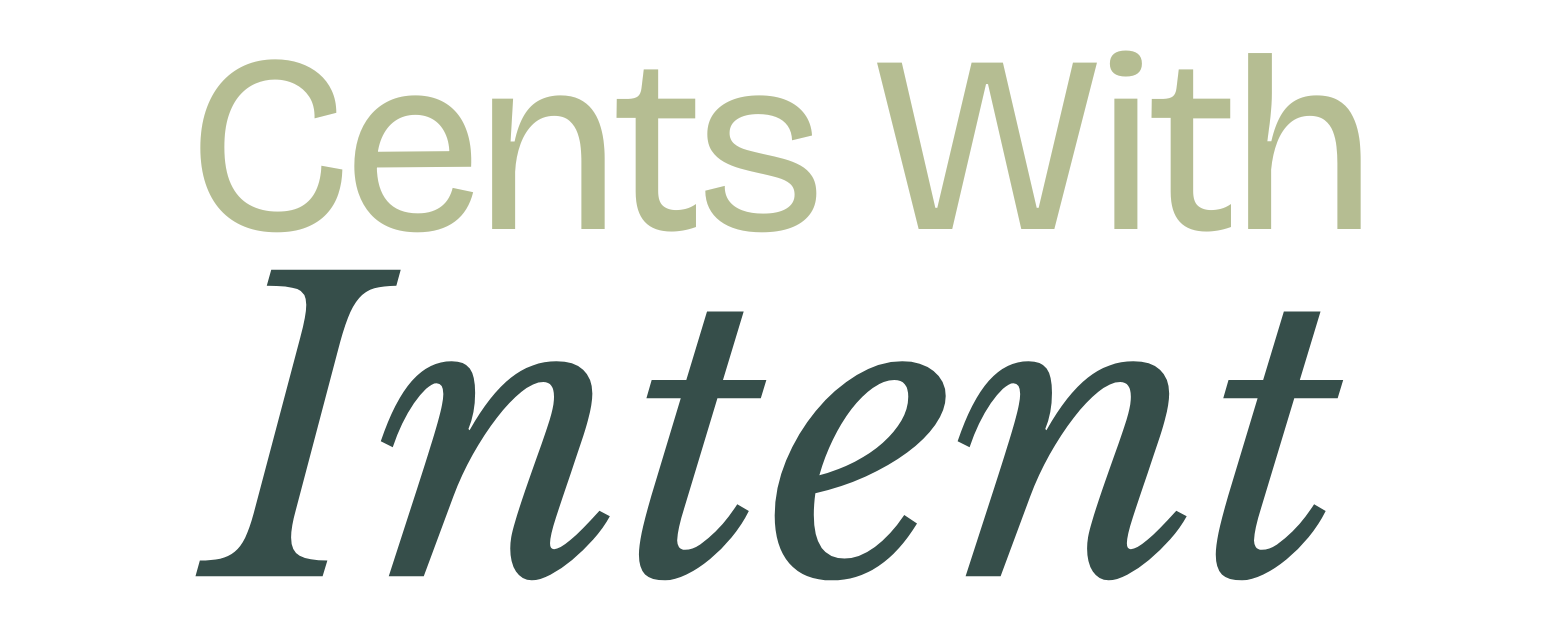What if more income isn’t the solution to your money problems?
Here’s what I’ve learned from my years coaching: more income won’t be the solution, because income isn’t the problem.

If you’re like most clients and families I work with, then you don’t really have an income problem. Your income is more than enough to pay the bills and spend day to day on needs and wants.
You feel stressed when you look at your bank accounts and probably think, “if that promotion or raise at work would come through, or if I just had a few more clients in my business, then finances would be okay.”
I used to think this would solve most families’ financial problems too.
Here’s what I’ve learned from my years coaching though:
more income won’t be the solution, because income isn’t the problem.
You’ve been taught more income is the solution.
In college, when professors talk about expected income after graduation and you assume finances will be easy once you graduate and land that great paying job.
In culture, when they talk about hustling and side gigs as if it’s normal and necessary for everyone to work overtime, get big bonuses, or have multiple jobs to make ends meet.
Don’t get me wrong. More income IS the problem sometimes. There are families where income is less than they need for basic living expenses.
And more income certainly CAN help if you want extra spending money, more to save for emergencies, or want to pay off your credit card faster.
But more income often leads to more of the same issues if you aren’t addressing the real problem.
So if income isn’t the problem, then what is? It could be a few different things...
You may have a spending problem.
If your income is good, but you constantly wonder where money went, then spending could be your problem. You may find yourself frequently shopping, buying things you don’t really need, or spending impulsively when you go to the store or browse on Amazon. You have lots of “stuff” in your home, but somehow find yourself bringing in more and more. You might have a habit of putting many of these purchases on credit cards to “pay off later.”
You might have a savings problem.
Feel like most months you're "okay" until a couple big expenses pop up at the same time and then you're stressed out? Maybe you’re able to save money each month, but think you should be able to save even more of that great income. And the money you do put in savings doesn’t seem to stick around long enough to grow. Before you know it, you’re having to take some out again and saving feels frustrating.
Or maybe you have a debt problem.
You’re able to comfortably pay all minimum debt payments every month. Some months you even pay extra on one or two of them. If you’re honest, it feels like you’re paying extra on a whim or when your checking account balance shows you can “afford” it. Even with the extra payments, the debt balances aren’t really going down though. In fact, over the past couple of years, your total debt has probably increased and it stresses you out. Let's not think about the sometimes hundreds of dollars you’re paying each month in high interest.
What would it feel like to be in control of your spending? To tell your money where to go each month and
spend money without feeling bad about it.
If you had a simple system for saving money monthly, so you know what’s for true emergencies and what’s for upcoming expenses, like taxes. How great would it feel to have debt under control and have hundreds of dollars free each month, so you can be more generous in your church tithe or charitable giving or save for your next family vacation?
If you keep focusing attention and efforts on the wrong problem, then finances will keep feeling stressful and frustrating. You won’t solve it until you get to the real root cause.
You won’t get to the root cause until you have total CLARITY around your numbers and situation.
When you're clear on your numbers, you can make confident decisions that actually move you towards your goals instead of further away from them.
This clarity is the main goal of a Money Strategy Session with me. After you bravely share numbers, I get to work problem solving. When we meet online for your two hour session, I'll tell you what I see and help you to make sense of the numbers too. Together, we'll go through the options and decide which is best for YOU and the exact next steps you need to take.
Still not sure what’s causing your money stress, but know you make too much money to keep feeling this way?
A Money Strategy Session could be your next step if you’re ready for change and for help. Schedule a complimentary Q&A call today to get any questions you have about coaching answered, so you can let go of the stress and get your great family income working for you.



